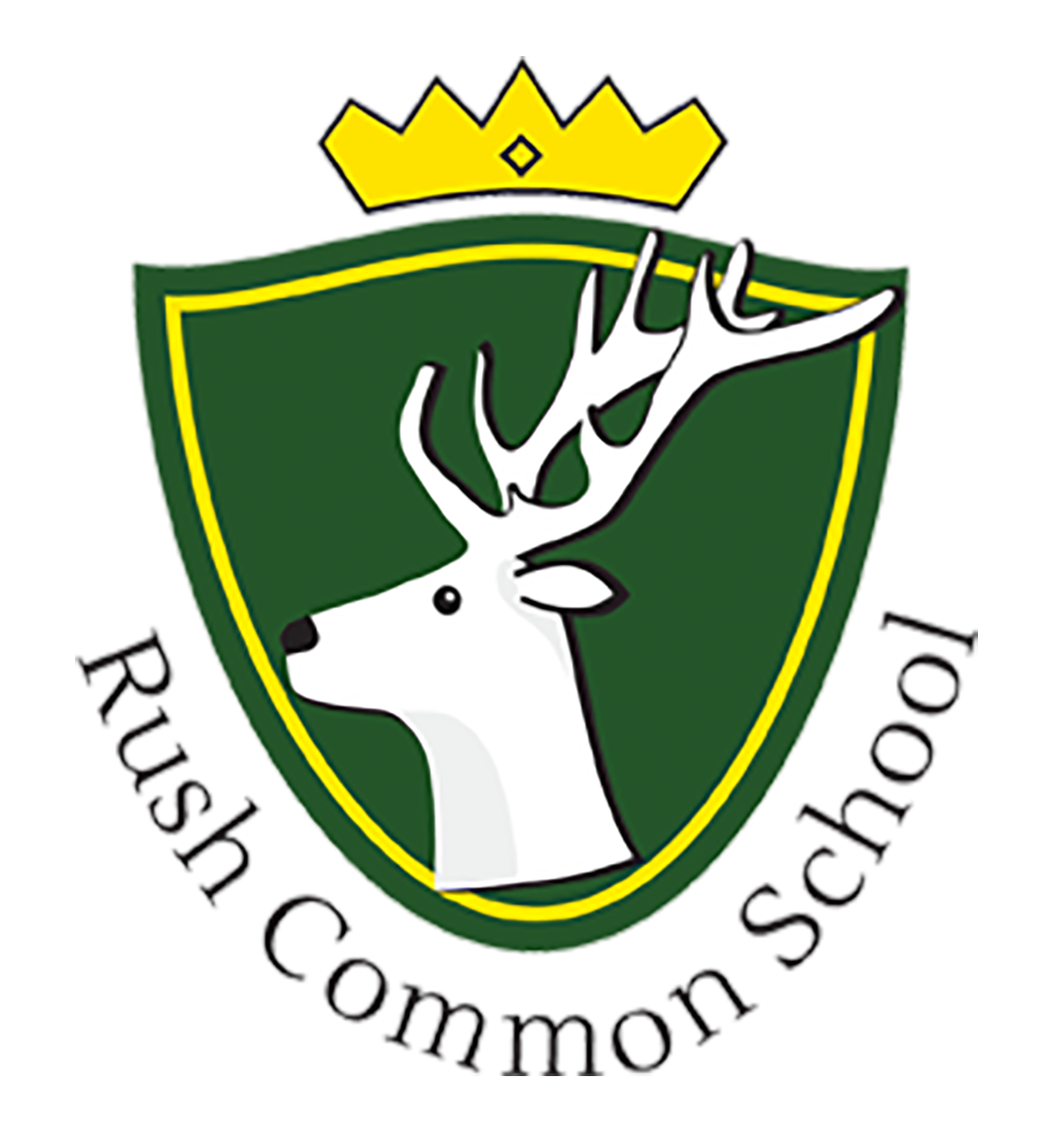Our Learning
Assessment
Intent
The purpose of assessment is to understand and plan for pupils’ future needs and therefore ensure that they reach their full potential. Through effective assessment, we are able to improve outcomes for children.
Assessment is closely linked to the National Curriculum 2014 and the Early Years and Foundation Stage (EYFS) Framework. Monitoring and assessment of children with Special Educational Needs follows the requirements of the SEN Code of Practice.
Implementation
Teachers use the time they have in lessons very effectively by doing the following two things:
- They watch, listen and observe all pupils’ learning. This monitoring allows teachers to continually assess all pupils’ learning throughout the lesson.
- They use this continual assessment to teach pupils what they need to learn next within the lesson. This ensures excellent progress.
Teachers use a variety of formal and informal approaches to facilitate their understanding of a pupil’s progress and next steps. This includes questioning, observations, verbal feedback, live and deep marking. Information gathered from ongoing work and formal assessments is recorded on the school’s tracking system Insight for Years 1 – 6, and on Tapestry for Reception pupils.
Teachers’ professional judgement is valued and monitored through detailed meetings with school leaders three times per year as well as through robust moderation internally and externally. Pupil attainment is measured against age related expectations as: working below the expected standard, working towards the expected standard, expected and greater depth.
Children participate in the following statutory assessments:
- Reception Baseline Assessment (RBA)
- Year 1 Phonics Screening Check
- Key Stage 1 SATs
- Multiplication Tables Check (Year 4)
- Key Stage 2 SATs
There are regular opportunities for teachers to report a child’s attainment to parents at parents’ evenings in early Term 1 and late Term 2. End of year reports are sent home in July with an opportunity for parents to schedule a further meeting if they wish.
Assessment criteria for core subjects can be found at the links below:
Impact
Our regular formal and informal assessments ensure that teaching staff have a clear understanding of the progress that children make in school, and what their next steps in learning are. This in turn leads to good progress.

